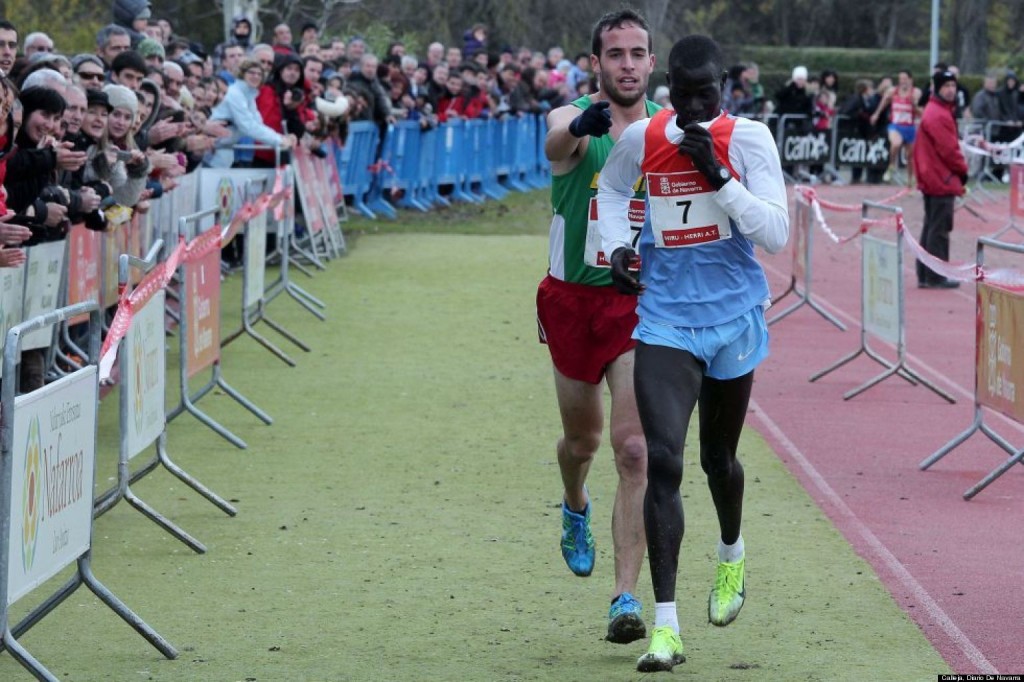
The French Foreign Legion gave us this famous motto:
“If I falter, push me on. If I fall, pick me up. If I retreat, shoot me.”
It is, of course, a magnificent way to say, “I may fall. I may even fail. But! I will never, ever quit.”
I would like to change the phrase “IF I falter” to “WHEN I falter.”
Humans falter. Humans fail. Humans stumble. If you have never experienced the bitterness of failure, I would suggest you have not aspired enough. Failure – whether great or small, on the big stage or behind closed doors – is inevitable.
It is not a question of “IF” I falter, but when.
I would, however, like to move the focus from the failure to the witness. Enough inspiration exists for those who fail. Memorable quotes abound. Multitudes of examples of perseverance exist.
But what about when your coworker – or even your competitor – fails? What about when your spouse fails? What about when your kid fails?
What then?
Today, pressures abound from every quarter and so much of what we say and do is under the white-hot spotlight of public scrutiny. (Hello, Twitter and Facebook.) Let someone misspeak, misspell a word, or make a mistake and watch the Twitter waters churn with vicious comments and demeaning Memes, like sharks on chum. Listen to a wife belittle her husband or a husband berate his wife over some failure. Go to a Select baseball (or football, or soccer, or basketball, or tiddly winks) game and listen to coaches and parents blast a preteen for a mistake. Listen to parents boo and hiss umpires and referees. Listen to how they talk about the kids on the other team.
Enough has been said about how we respond to our own failures. Not nearly enough has been said about how we respond to the failure of others. Not nearly enough is made of encouragement, kindness, patience, and empathy.
I stumbled across a story of sportsmanship the other day and it made me consider how I treat others – even those with whom I am in competition.
Very little has been said about this… On December 2, Basque athlete Iván Fernández Anaya was competing in a cross-country race in Burlada, Navarre. He was running second, some distance behind race leader Abel Mutai – bronze medalist in the 3,000-meter steeplechase at the London Olympics. As they entered the finishing straight, he saw the Kenyan runner – the certain winner of the race – mistakenly pull up about 10 meters before the finish, thinking he had already crossed the line.
Fernandez Anaya quickly caught up with him, but instead of exploiting Mutai’s mistake to speed past and claim an unlikely victory, he stayed behind and, using gestures, guided the Kenyan to the line and let him cross first.
So, who was the real winner there?
Be careful. That is a trick question. There were two winners. Mutai won the race he had fought so hard to win – with an assist from a fellow runner. Anaya won as a human being. He won the right to sleep well at night. He won the immense satisfaction that comes from having done the right thing for the right thing’s sake.
They say nice guys finish last, but those who say it don’t really know where the finish line is. Life is not about always winning. Life is about always learning. Life is about growing. Life is about investing.
“If I falter…” the ball is in your court.
